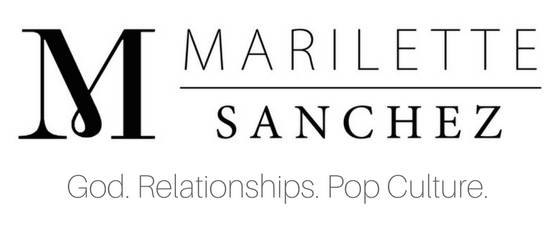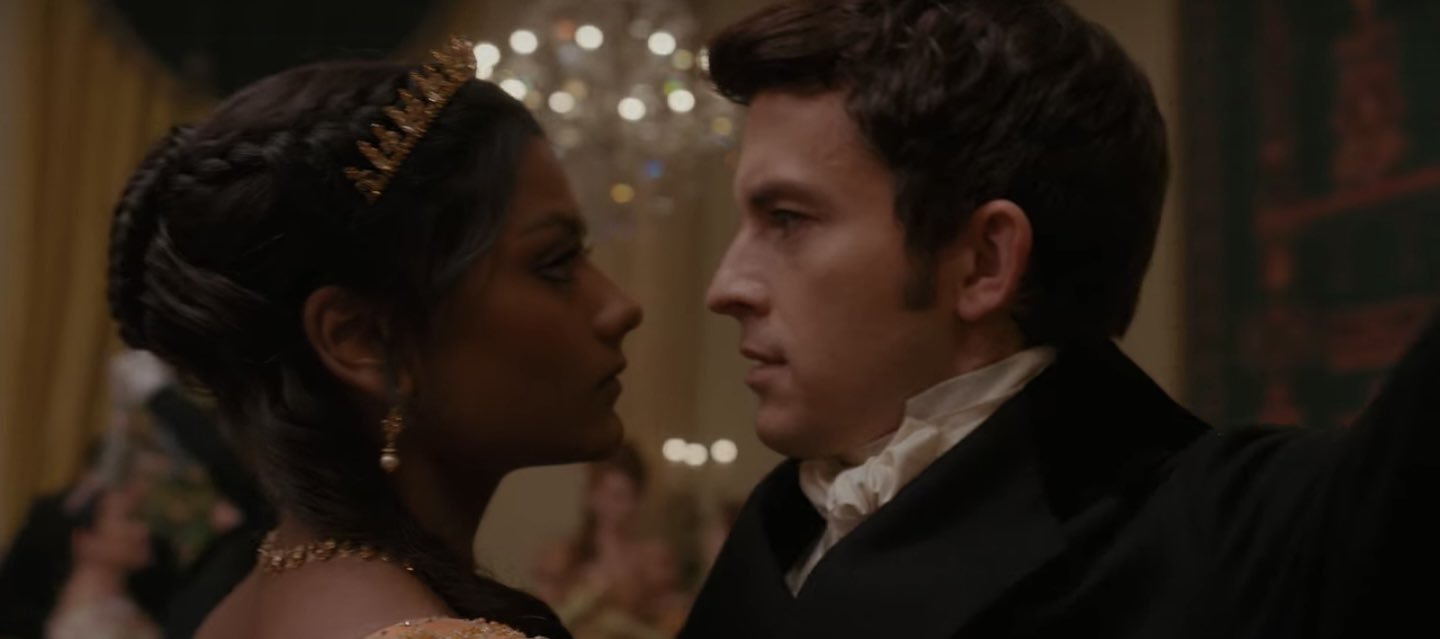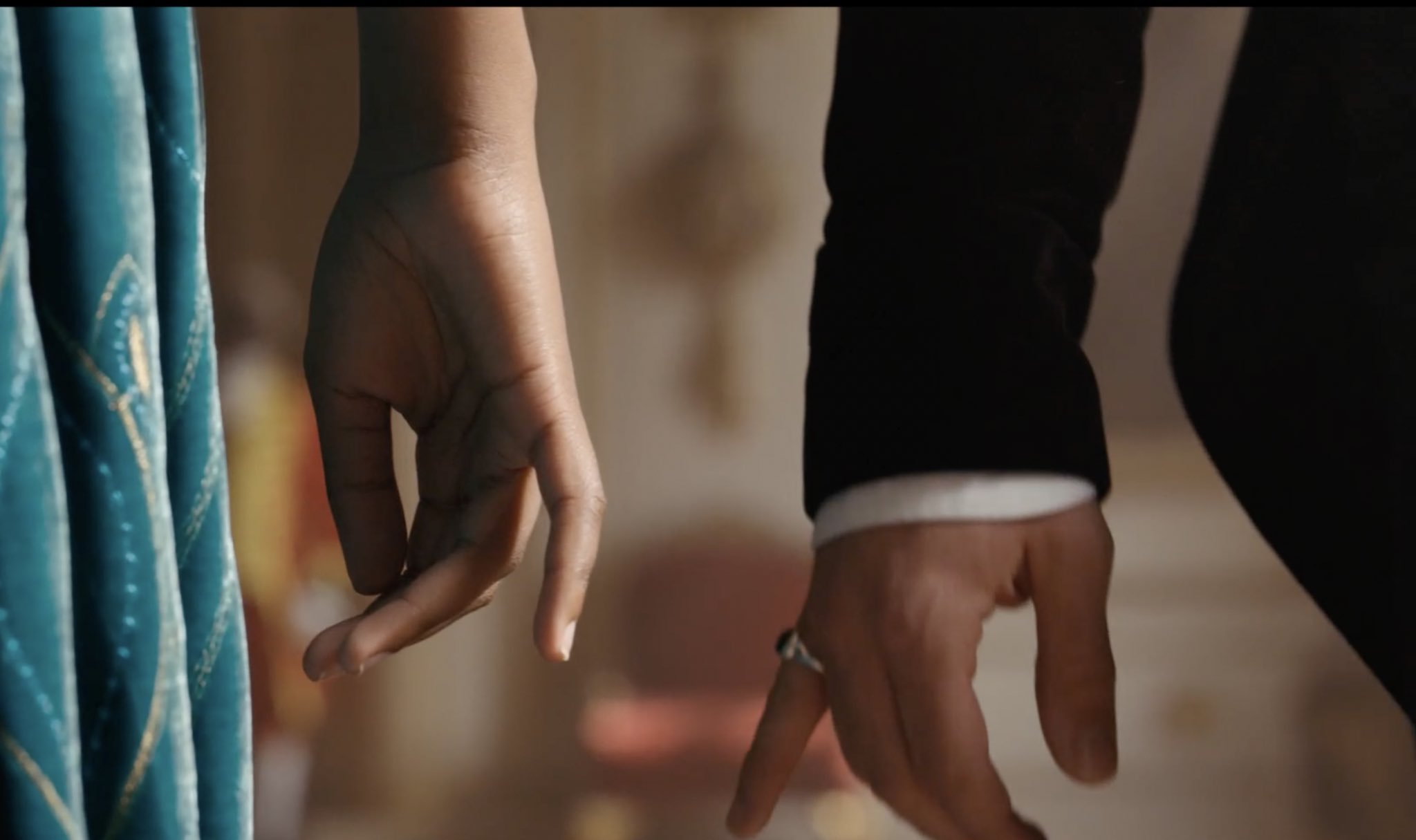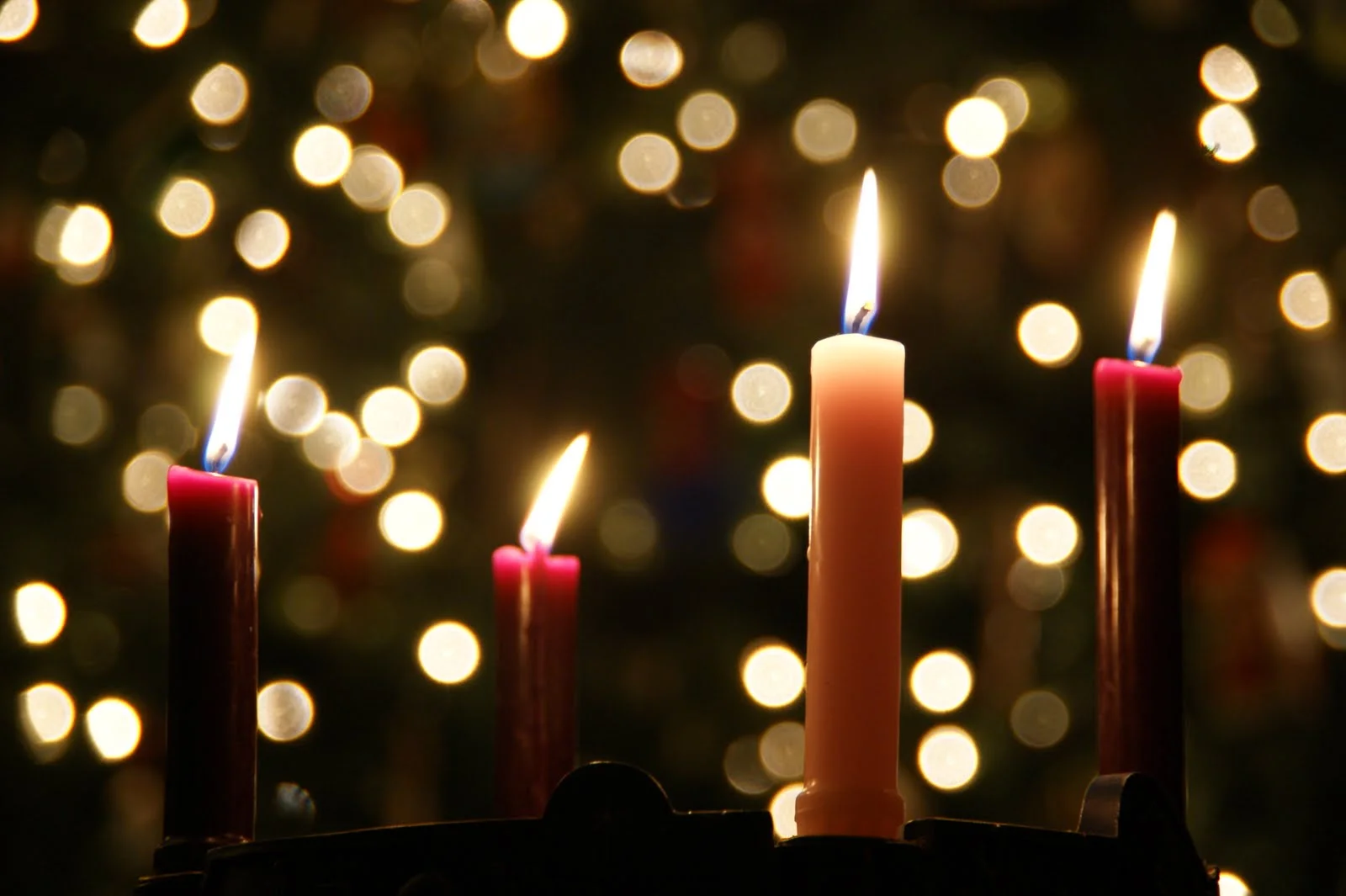In The Privilege of Being a Woman, Christian philosopher Alice von Hildebrand writes, “Tears are the proper response to brutality, injustice, cruelty, blasphemy, hatred. Christ wept when he saw Jerusalem, and when he came to Lazarus’s tomb.” If Jesus is our example of what it means to be fully human and fully pleasing to God, there is no shame in our sensitivity if even Jesus wept.
As von Hildebrand writes, women are called to “purify [our] God-given sensitivity and to direct it into the proper channels. [We] should fight against maudlin tears and pray for holy tears—tears of love, of gratitude, of contrition.”
Diana is never paralyzed by her emotions, nor does she resent them. Instead, she uses them as a catalyst to take action and to defend the weak and innocent. What a reminder for me that my sensitivity enables me to glean more insight about the human condition, enabling me to become a better writer. Not to mention, without my emotions, I wouldn’t be able to empathize as easily with others, nor could I pray on behalf of others as deeply and specifically as I currently do.
3. When we women stand firm in our God-given identity and calling, instead of heeding others’ artificial labels, we can change the world.
As soon as Diana leaves her utopian home of Themyscira, she collides with the hard-hitting reality of the bleakness of the real world, especially World War I. Her idealism seems out of place here, and everywhere she goes, she hears “No.” Back home, her mother, motivated by fear, tells her she is not ready. On the way to the front lines, every man she meets tells her “no.” No, you cannot enter the war room. No, you can’t fight Ares. No, you can’t carry your sword on the street.
During the turning point of the movie, she is ready and willing to help, but once again hears “no.” Far from dimming the light in her eyes, this final “no” only succeeds in kindling a fire. Here, her mission becomes her own and she is no longer bound by others’ limitations or expectations. She can be exactly who she was created to be.
I am so guilty of letting others dictate who I will be, instead of listening to the one opinion that matters: God’s. To make matters worse, all the voices competing for my attention contradict each other.
As a first-generation Filipino immigrant, I’m told to follow my career and take advantage of all the opportunities here in America. (“But don’t forget to do all the housework.”) As a woman steeped in traditional American Christian culture, I need to be my husband’s helpmate and have a Pinterest-worthy menu plan and home decor. And, “Remember, being a mom is your highest calling.”
These are all well-intentioned notions, but when I am pulled in different directions by others’ expectations or even my own self-imposed pressure, how do I know the “right” way to live my life?
I love how Tampa-based Christian hip-hop artist KB put it in his song “No Chains”. The entire song is an ode to how he doesn’t fit into any molds either politically, theologically or musically. But he’s figured out the freedom found on the other side of refusing to let others’ expectations of him stifle who he was created to be.
That's liberal that's conservative /
That's charismatic and reformed too /
My wife happy and Jesus love me ain't nothing left to conform to
Sometimes, I think I need a similar reminder of the freedom available to me as a woman. When I’m tempted to lean into the artificial labels placed on me by others and myself, I try to remind myself of these things:
God has called me to use my writing and speaking gifts and passion for God’s Word to make plain biblical truths, especially to fellow women.
God has called me to be a loving wife to my husband Moses and a be-all-there mom to my kids. Everything else is pretty much optional.
Lots of other things will be vying for my attention on a daily basis. How do I know when I’m doing what God is calling me to do? More often than not, I feel like all I’m doing all day is disappointing one person or another.
As I continue to mentor women in my full-time ministry gig with FamilyLife in New York City, reach an audience through my online platforms and raise my three young daughters, I have a passion to help them sort out all the competing voices dictating to women what we should and shouldn’t be. Because we women are so multi-faceted, and every season of life looks different, none of us will ever fit a mold. And that’s ok. Life is full of difficult, but God-ordained interruptions, but the only thing we can do is to be sensitive enough to the Holy Spirit to discern what we are called to do moment by moment.
Author Ruth Haley Barton puts it this way in her book Invitation to Retreat. She discusses the importance for each believer to have a “rule of life”, which are patterns of attitudes, practices, and behaviors we commit to with the purpose of keeping us open to the transforming presence of Christ. To that end, she encourages her readers to ask themselves this question:
How do I want to live so I can be the person God created me to be and knows me to be—which is, in the end, who I want to be?
What Actress Gal Gadot says about her character can be true for all of us women: “She can be sensitive and the greatest warrior ever. And strong and confused. She can be all of the above in a beautiful way.”



































